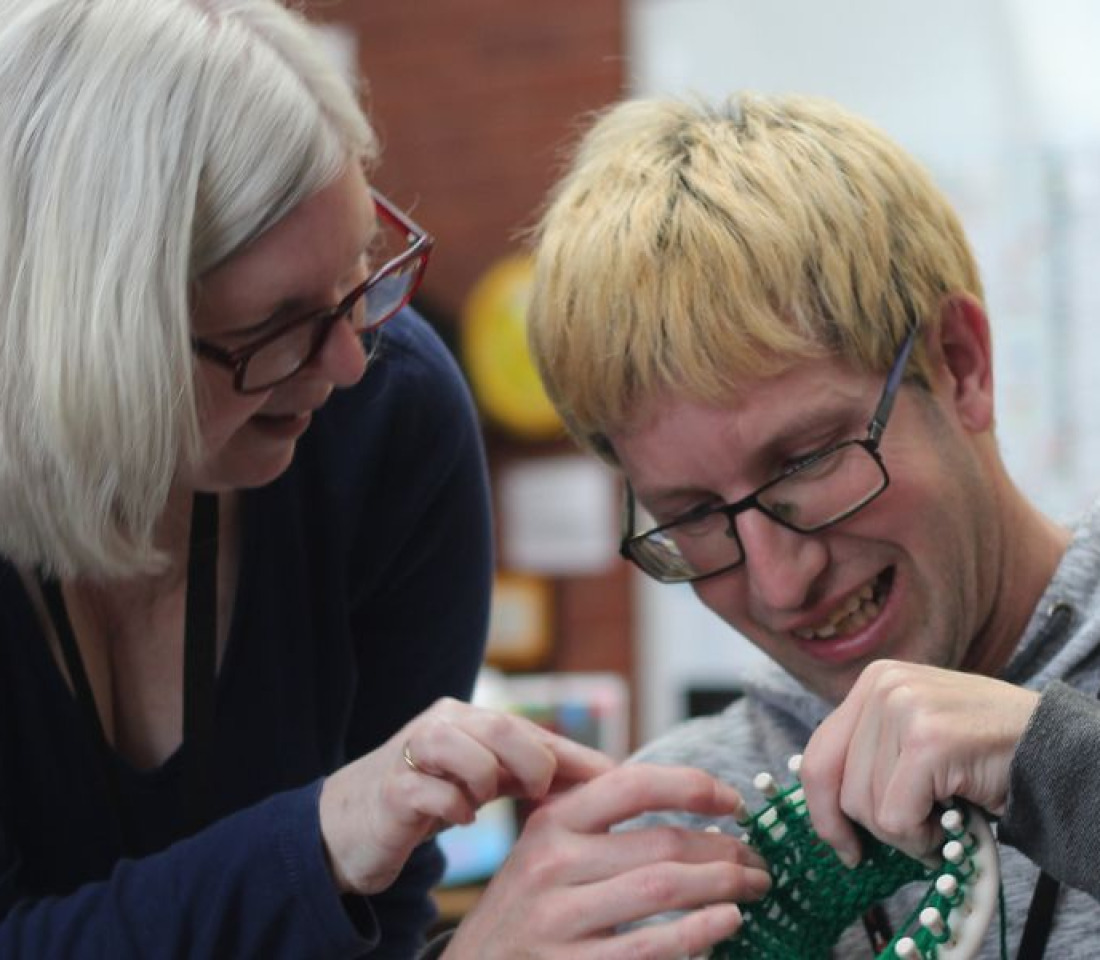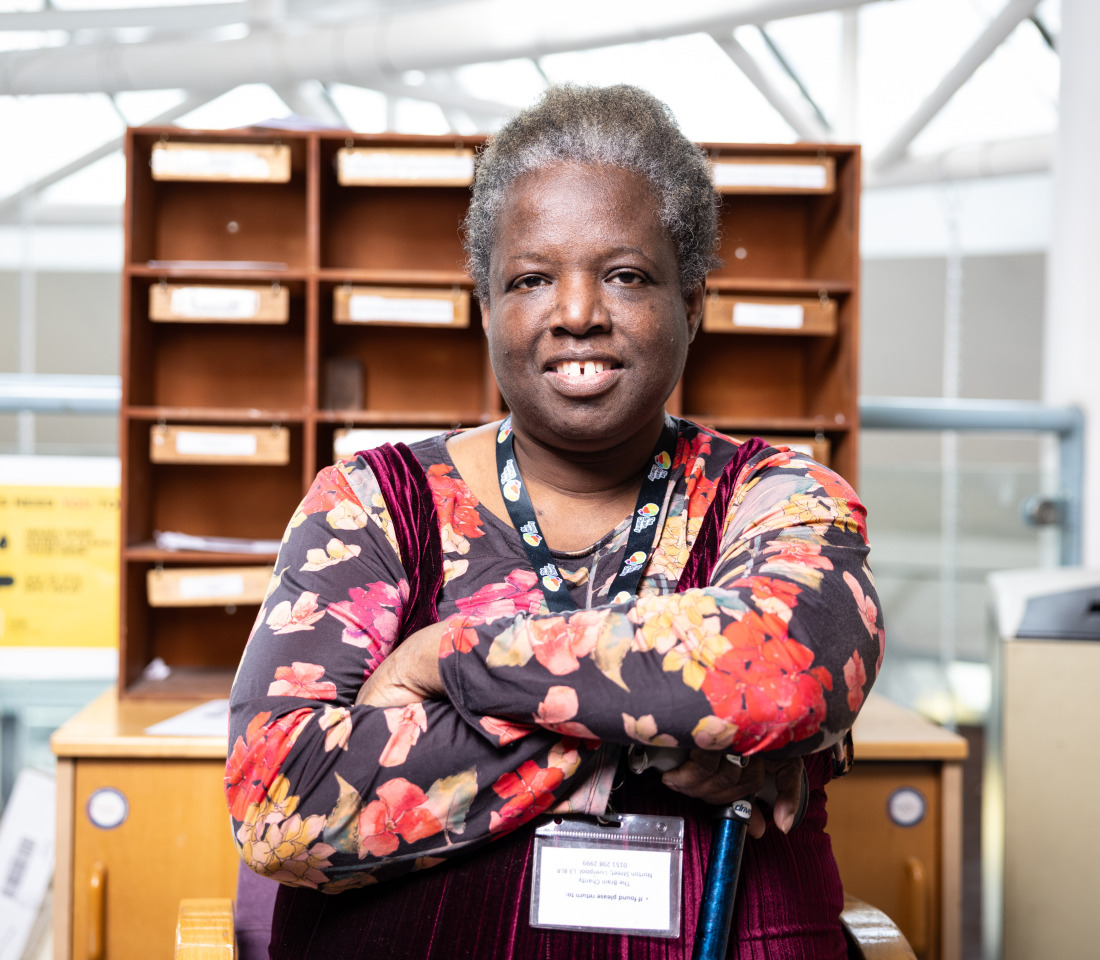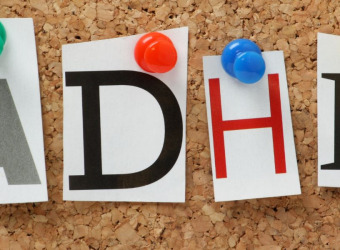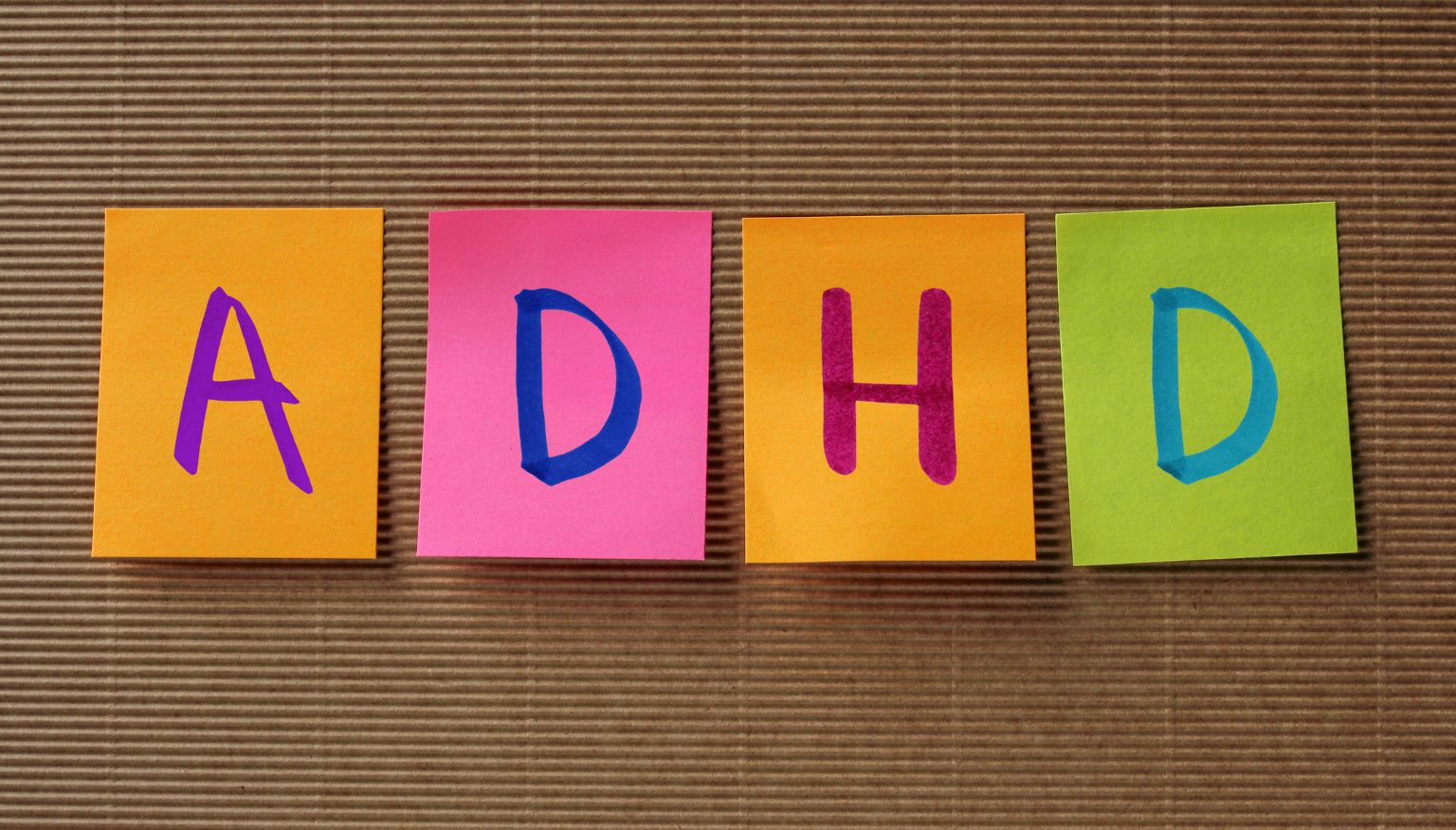
ADHD: facts vs fiction
Busting common misconceptions with The Brain Charity
At The Brain Charity, we support people with all forms of neurological differences, including those living with Attention Deficit Hyperactivity Disorder (ADHD).
ADHD is a widely talked-about condition — but that doesn’t mean it’s well understood. Misinformation can lead to stigma, frustration, or lack of support. In this blog, we explore frequently asked questions — some grounded in fact, others in fiction — to help set the record straight.
Fact: ADHD can be diagnosed in adults
Yes. ADHD isn’t just a childhood condition. Many people are diagnosed in adulthood — sometimes after years of struggling without understanding why. The symptoms may have been present since childhood, but become more noticeable with adult responsibilities. Receiving a diagnosis later in life can be a relief and the start of better support.
Fiction: ADHD can be cured

No. ADHD is a neurodevelopmental condition, not an illness to be cured. While the right support, medication, and strategies can significantly improve quality of life, ADHD traits remain part of a person’s brain wiring. It’s about managing symptoms, not erasing them.
Fact: ADHD can affect memory
Yes. ADHD often impacts working memory—the ability to hold and manage information for short periods. This can affect daily tasks like following instructions, organising thoughts, or remembering appointments. People with ADHD may also experience time blindness or struggle with sequencing.
Fiction: ADHD is just being lazy or unfocused

Absolutely not. ADHD is not a behaviour choice or lack of willpower — it’s a recognised neurological difference. People with ADHD often put in extra effort to stay focused or organised, but their brains are wired to respond differently to stimulation and routine.
Fact: ADHD can be affected by age
ADHD doesn’t get worse over time, but it may become more noticeable depending on life stage and demands. For example, a structured school environment may mask symptoms that become harder to manage in adulthood, especially in work or parenting.
Fiction: ADHD is caused by bad parenting
This is a harmful and outdated myth. ADHD is not caused by parenting style, diet, or screen time. It has strong genetic and neurological roots. Supportive parenting can help a child with ADHD thrive, but it does not cause or cure the condition.
Fact: ADHD can look different in women and girls
Yes. ADHD symptoms in females often present differently and may be missed. Girls are more likely to show inattentive symptoms (like daydreaming or disorganisation) rather than hyperactivity. As a result, many women aren’t diagnosed until later in life.
Fiction: ADHD only affects children
ADHD is lifelong. While some children may see improvements with age, many continue to experience symptoms as adults. In fact, adult ADHD is increasingly recognised, with more people seeking diagnosis and support later in life.
Fact: ADHD can cause emotional dysregulation
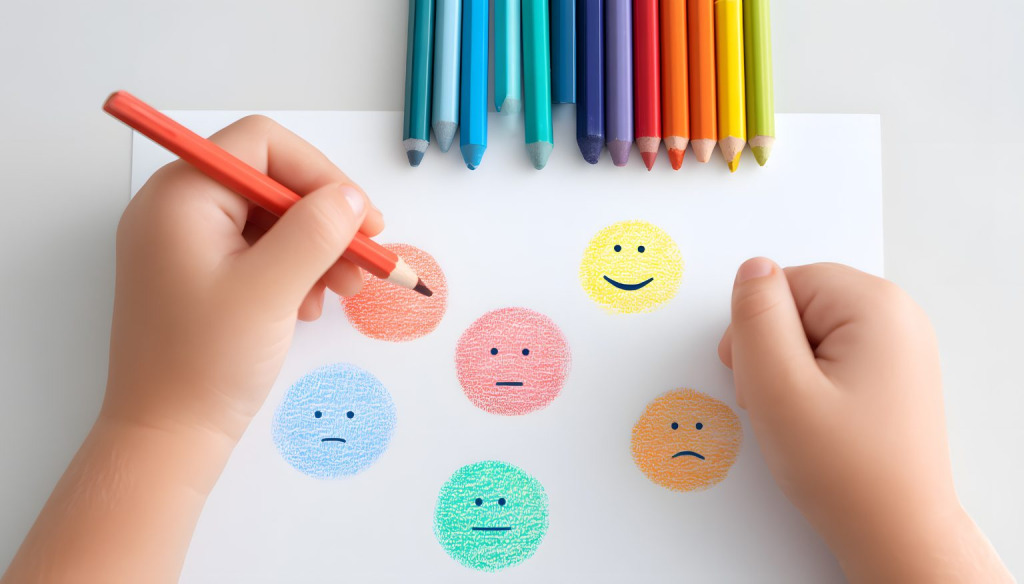
Yes. People with ADHD may experience intense emotions and difficulty regulating responses to frustration, rejection, or stress. This is often misunderstood and may be mislabelled as mood swings or “overreacting.”
Fiction: You can’t have ADHD if you’re successful
False. Many high-achieving people have ADHD. Success doesn’t mean symptoms aren’t present — it often means someone has found ways to work with their brain, not against it. That might include support, medication, coaching, or adapting their environment.
Fact: ADHD can co-occur with other conditions
Yes. ADHD often overlaps with other neurological or mental health conditions such as anxiety, depression, dyslexia, autism or sensory processing disorder. That’s why holistic, tailored support is so important.
Fiction: Medication is the only treatment for ADHD

Not true. While medication can be helpful for many, it’s not the only approach. Therapy, coaching, structure-building strategies, and lifestyle changes can all make a difference. The most effective support is often multi-faceted and personalised.
Living well with ADHD
ADHD is a neurological difference — not a defect. With the right support, understanding, and accommodations, people with ADHD can thrive.
At The Brain Charity, we help people living with ADHD access advice, counselling, confidence coaching and tailored support. We also provide neurodiversity awareness training for schools, employers, and organisations.
To learn more about how we support people with ADHD, contact: hello@thebraincharity.org.uk
Categories: Neurodiversity, News
Published: 13 October 2025

